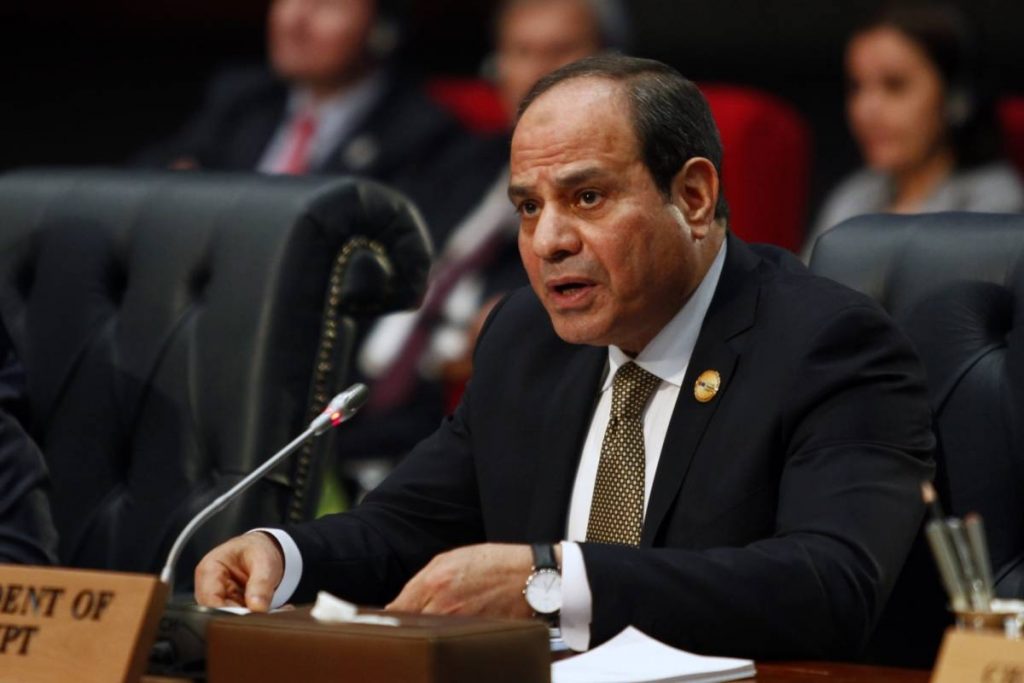President Sisi says the new capital, which can accommodate 6.5 million people, will mark birth of new state. Being built some 45 km east of the current capital Cairo since 2015 on an area of 714 square km, the new capital is planned to accommodate 6.5 million people, starting with half a million in the first stage, making some space in the congested and overpopulated Cairo that is home to about one fifth of the country’s 100 million population
Egyptian President Abdel-Fattah al-Sisi said that the inauguration of the New Administrative Capital (NAC) and the relocation of the government’s headquarters to the new city will mark the “birth of a new state”.

Sisi’s remarks came during a symposium here on Tuesday honouring the late armed forces personnel.
“There will be a birth of a new state by inaugurating the new capital,” the President said, reiterating that the inauguration will mark “a declaration of a new republic”.
Sisi hoped that the inauguration will be done later this year if no delay would be caused due to the fight against Covid-19.
Being built some 45 km east of the current capital Cairo since 2015 on an area of 714 square km, the new capital is planned to accommodate 6.5 million people, starting with half a million in the first stage, making some space in the congested and overpopulated Cairo that is home to about one fifth of the country’s 100 million population.
It will also be home to most government buildings including the cabinet headquarters and ministries, in addition to Parliament, and is expected to accommodate in the first stage from 40,000 to 50,000 government employees that are planned to be increased to 100,000 three years after inauguration.

The government also expects the NAC to create around 2 million job opportunities. Egyptian Prime Minister Mostafa Madbouly said on Monday that trial operation of government buildings in the new capital will start in August through gradual relocation of employees, expecting the inauguration of the NAC to be held by the end of the year.
Nile Dam Row
Sudan and Egypt have voiced rejection to a “fait accompli” approach to the issue of the disputed Grand Ethiopian Renaissance Dam (GERD) on the Nile river.
“The two countries reiterate rejection of any approach seeking a fait accompli on and control of the Blue Nile through unilateral measures that do not observe the rights and interests of the two downstream countries,” said Sisi.
His remarks came following his talks with Chairman of Sudan’s Sovereign Council Abdel Fattah al-Burhan.

Egypt and Sudan also “stress the need to return to serious and effective negotiations to reach a fair, balanced and legally binding agreement regarding the filling and operation of the GERD as soon as possible”, he added.
Sisi and al-Burhan reviewed the possibility of relaunching negotiation through formation of an international quartet committee of the African Union, the US, European Union and the UN as the mediator.
Ethiopia started building the dam in 2011. While Egypt is concerned that the dam might affect its share of the Nile waters, Sudan has also raised similar concerns over the dam. Over the past few years, tripartite talks on the rules of filling and operating the Ethiopian dam have been fruitless, including those hosted by the US and recently by the African Union.









